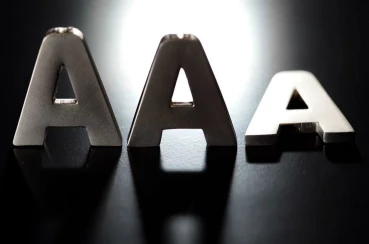
Generally, Bond yield is the return an investor realizes on an investment in the Security. It is usually expressed as a percentage of the bondholder’s invested capital. Bond yield is influenced by both price and its coupon/interest payment.
Bond yields have their ways of conveying something about the economy and this varies depending on the country. Trends and patterns in the economy directly or indirectly influence the performance of Bond markets both locally and internationally. Governments and businesses that issue Bonds operate within the economy. Therefore, it is only normal that the state of the economy affects Bonds and vice-versa.
The level of influence the economy exerts on Bonds most times depends on their exposure to interest rate risk. Bond prices fall as interest rates rise, and Bond yields fall and rise opposite of prices. Therefore, Bond yields rise when interest rates go up and vice-versa.
Unreasonably low yields, however, are also reflective of less positive characteristics of the economy. For example, financial experts at a time in Australia concluded that uncertainty regarding economic growth and policy, rather than expectations of low inflationary conditions or economic growth, is largely responsible for the record low long-term government Bond yields in the country.
In a period of economic downturn interest rates fall, leading to a lower demand in borrowing. Due to the inverse relationship between Bond prices and interest rates, Bond prices would therefore rise. Since Bond prices are also affected by credit and default risk; recession poses a risk to the borrower being unable to pay back; therefore, it can negatively affect its price.
When the likelihood of a Bond default is minimal, its yield is oftentimes expected to be lower. Though investors look out for Bonds with higher return; they are more willing to accept less yields with lower chances of default, than higher yields with higher likelihood of default.
Recently, Jim Leaviss who is also called “the UK’s best-known Bond investor” was famously quoted as follows; “It will be difficult to avoid a global recession in 2023, and the recent surge in global bond yields is already reflecting the market’s expectation of a significant economic downturn next year. The good news for investors, however, is that all types of Bonds – government and corporate, high- and low-quality – are now looking attractive.”
He explained that the recession might not be as deep as previous downturns. One reason was that the global economy was now less energy-intensive than in the past; and also governments were keen to use spending to boost their economies, even as central banks were tightening monetary policy, which had not been the case for decades.








Leave A Comment